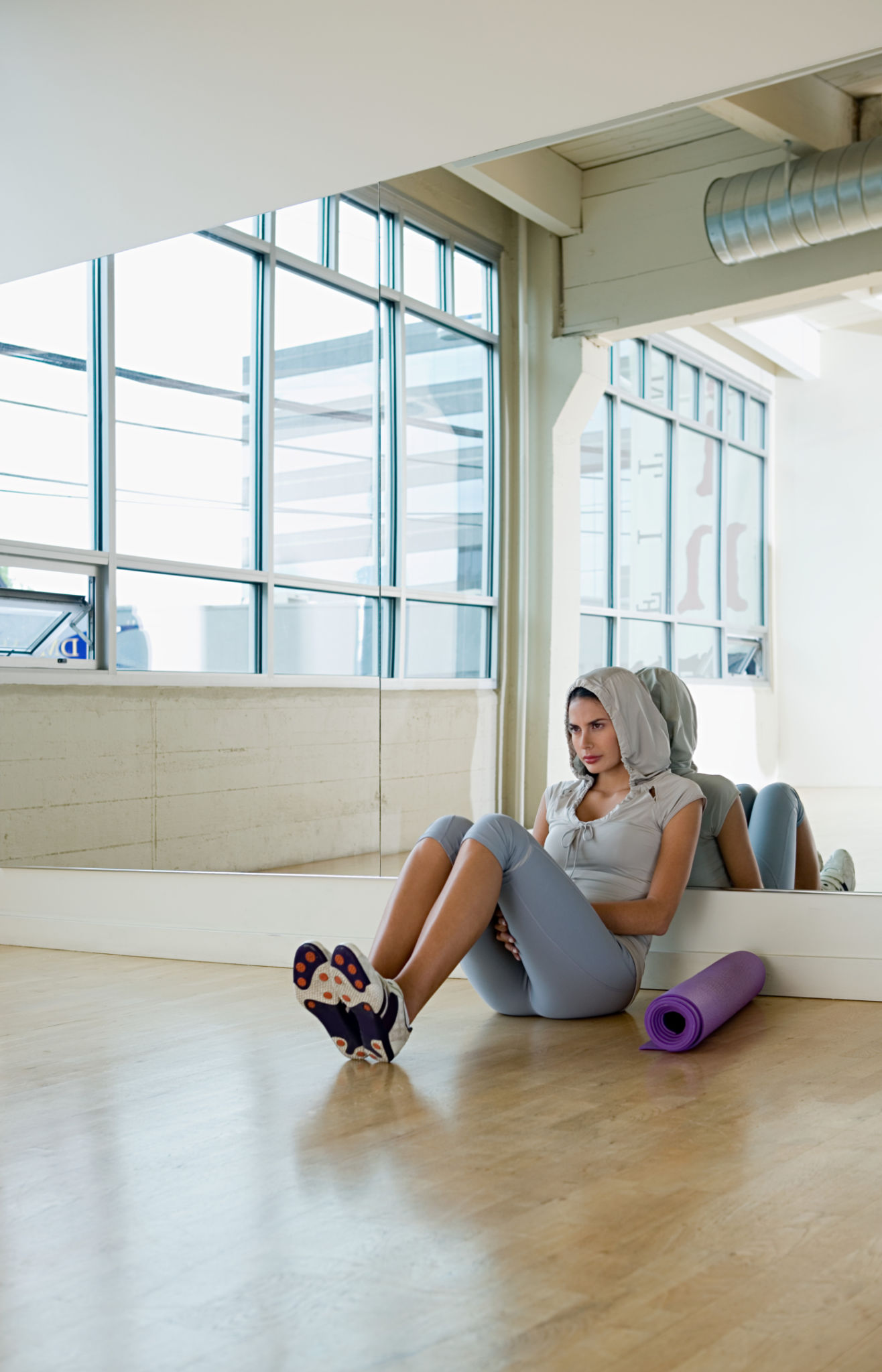Popular Self-Care Routines for Stress Relief: Expert Tips and Recommendations
Understanding the Importance of Self-Care
In today's fast-paced world, stress is an almost inevitable part of life. However, effective self-care routines can play a crucial role in managing stress and promoting overall well-being. Understanding the importance of self-care is the first step towards integrating it into your daily life, ultimately leading to a healthier and more balanced lifestyle.
Self-care is not just about indulgence but about making mindful choices that nurture both your mind and body. It involves activities that replenish your energy, soothe your mind, and enhance your emotional resilience. By adopting regular self-care practices, you can significantly reduce stress levels and improve your overall quality of life.

Physical Activity: A Natural Stress Reliever
Engaging in regular physical activity is one of the most effective ways to combat stress. Exercise helps release endorphins, the body's natural mood lifters, which can enhance your mood and decrease anxiety. Additionally, physical activity provides an opportunity to disconnect from daily stressors and focus on yourself.
Types of Stress-Relieving Exercises
- Yoga: Combines physical postures with breathing techniques to promote relaxation.
- Walking: A simple and accessible way to clear your mind and boost your mood.
- Swimming: Provides a full-body workout while being gentle on joints.
Consistency is key when it comes to exercise. Aim for at least 30 minutes of moderate activity most days of the week to experience significant stress reduction benefits.

Mental Relaxation Techniques
Mental relaxation techniques are essential components of a comprehensive self-care routine. These practices help calm the mind, reduce anxiety, and improve focus. Incorporating mental relaxation into your daily routine can lead to a more peaceful state of mind.
Effective Techniques for Mental Relaxation
- Meditation: Focuses on mindfulness and deep breathing to center your thoughts.
- Progressive Muscle Relaxation: Involves tensing and relaxing muscle groups to relieve tension.
- Deep Breathing Exercises: Simple yet effective in reducing stress and promoting relaxation.
These techniques can be practiced almost anywhere and require only a few minutes of your time each day.

The Role of Nutrition in Stress Management
Your diet plays a significant role in how your body manages stress. Consuming a balanced diet rich in nutrients can help support your body's ability to cope with stress effectively. Certain foods have been shown to have stress-relieving properties that can aid in promoting calmness.
Foods that Help Reduce Stress
- Dark Chocolate: Contains antioxidants that may reduce levels of stress hormones.
- Avocados: Packed with healthy fats and potassium, which can help lower blood pressure.
- Nuts: A source of omega-3 fatty acids that support brain health and reduce anxiety.
Incorporate these foods into your diet to enhance your body's resilience against stress.
Conclusion: Crafting Your Personalized Self-Care Routine
Creating a personalized self-care routine tailored to your needs is essential for effective stress management. Consider combining physical activities, mental relaxation techniques, and a nutritious diet to create a holistic approach to self-care. Remember, the key is consistency and finding what works best for you.
By prioritizing self-care, you not only reduce stress but also improve your overall health and well-being. Start small, be patient with yourself, and gradually build a routine that enhances your life every day.

